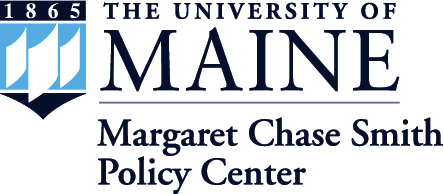Abstract
Solid waste is a serious environmental problem in the modern world. School cafeterias are one source of food and packaging waste that must be dealt with. Reducing the amount of cafeteria waste disposed of as trash through source reduction, recycling, and composting will not only improve environmental outcomes, but will also teach students about sustainability and save schools money. Waste audits at three elementary schools in southern Maine reveal that there are major differences in how effectively waste is sorted and the types and quantity of waste generated per student. Overall waste diversion was measured at 67 percent or greater at all three schools, with an average of 69 percent among the two schools where organics were measured. While there is still work to be done at all three schools, the programs have a major impact even in their current state.
First page
43
Last page
50
Rights and Access Note
This Item is protected by copyright and/or related rights. You are free to use this Item in any way that is permitted by the copyright and related rights legislation that applies to your use. In addition, no permission is required from the rights-holder(s) for non-commercial uses. For other uses you need to obtain permission from the rights-holder(s).
DOI
https://doi.org/10.53558/KOFR1745
Recommended Citation
Ravenelle, Jeremy. "Cafeteria Waste Reduction Programs in Three Southern Maine Elementary Schools: A Waste Audit Analysis." Maine Policy Review 27.2 (2018) : 43 -50, https://digitalcommons.library.umaine.edu/mpr/vol27/iss2/6.

